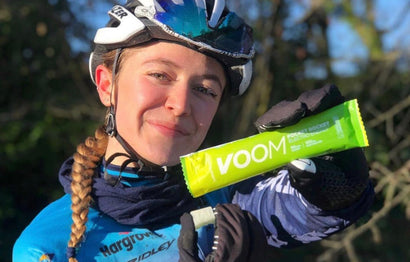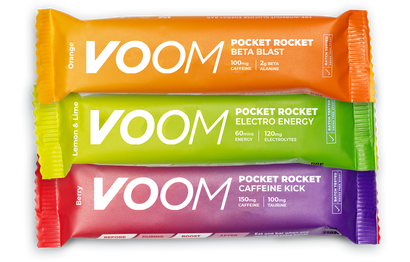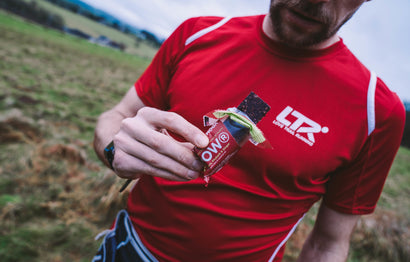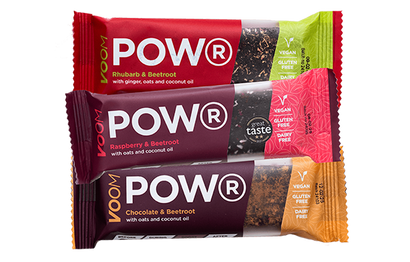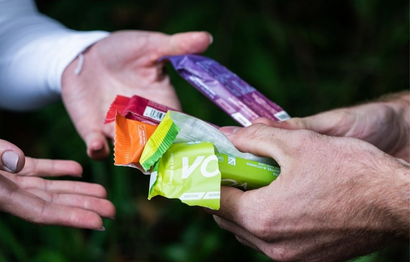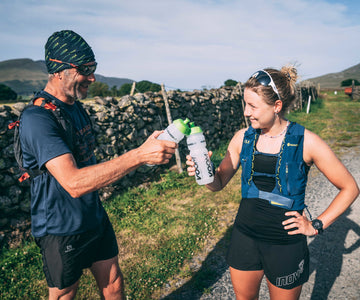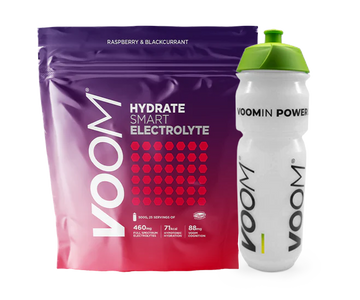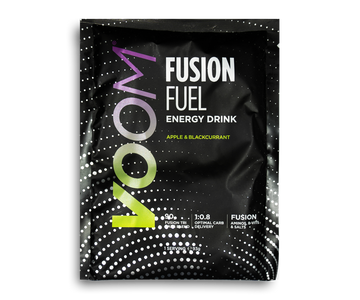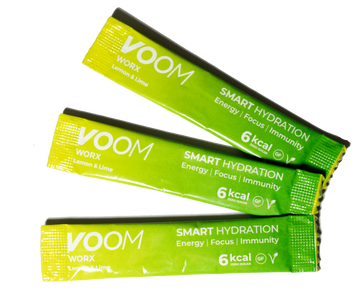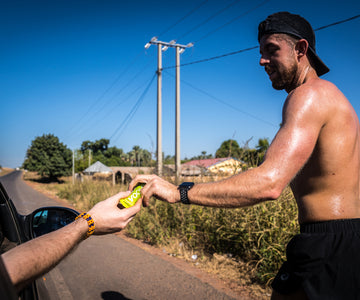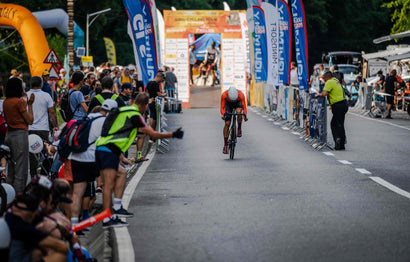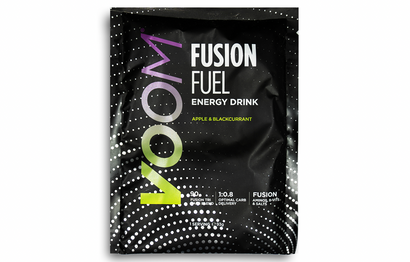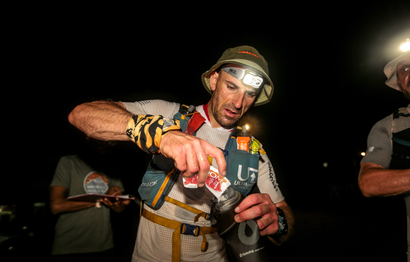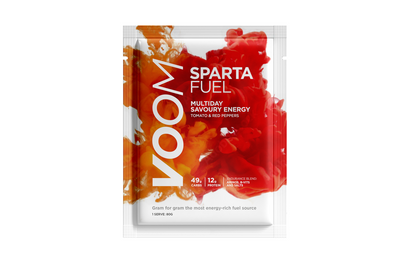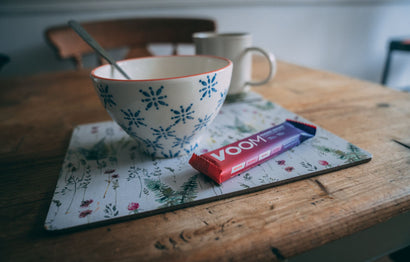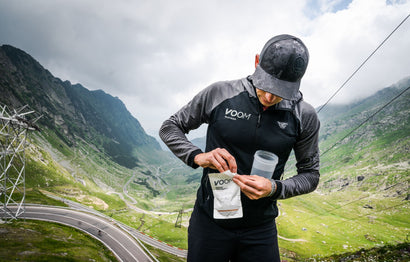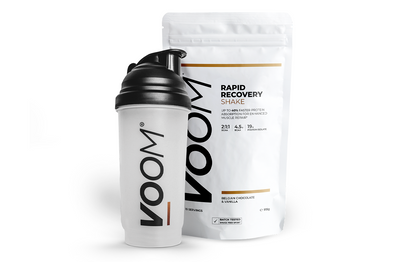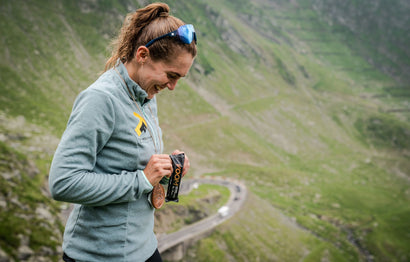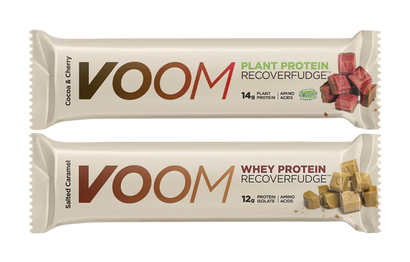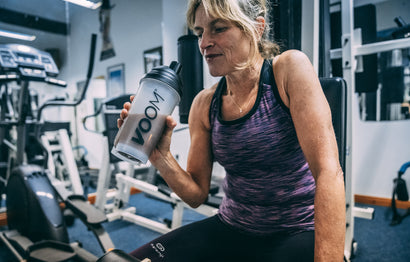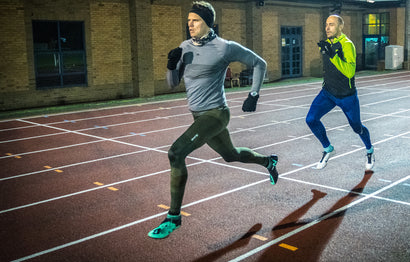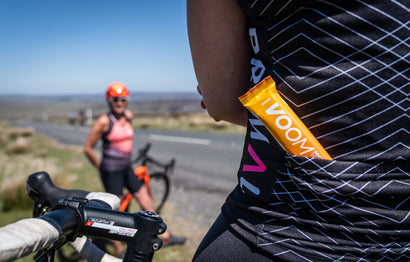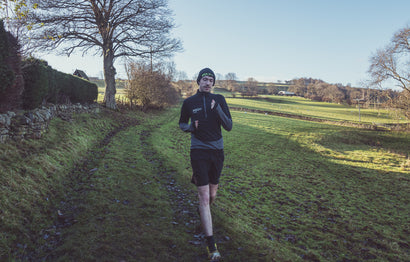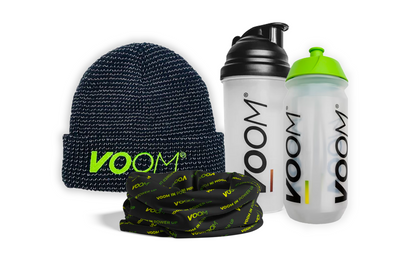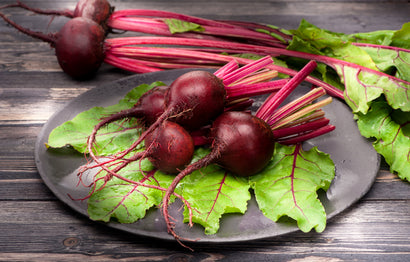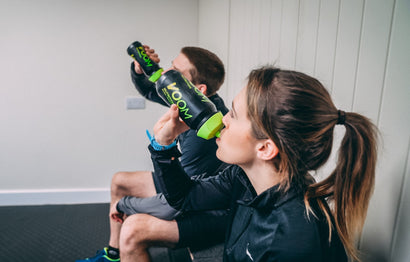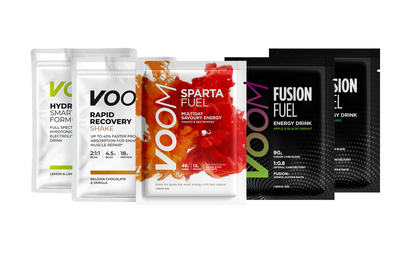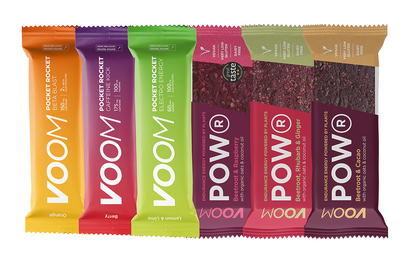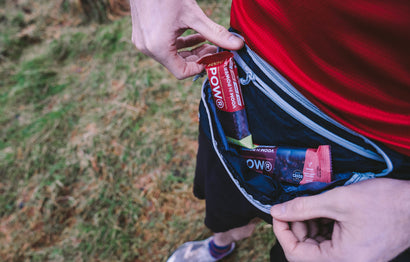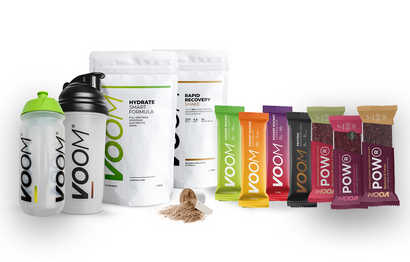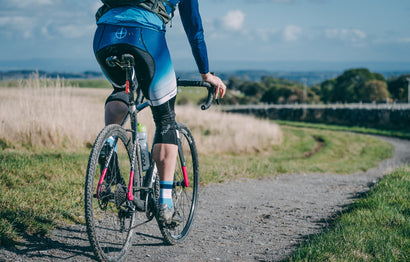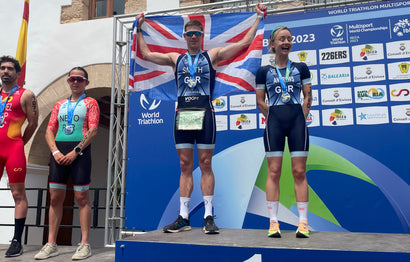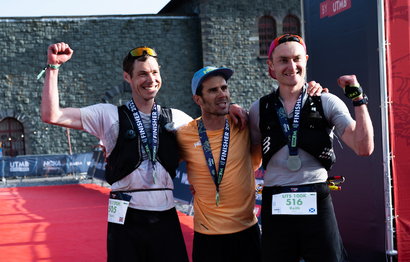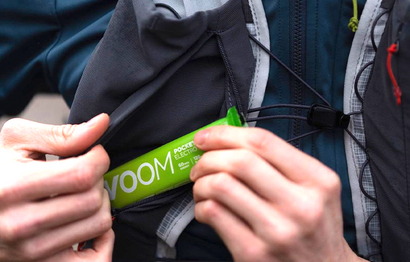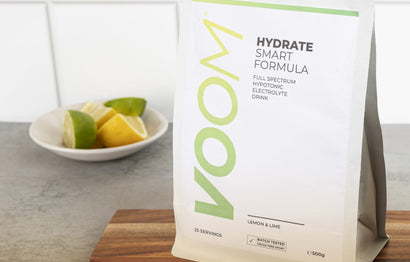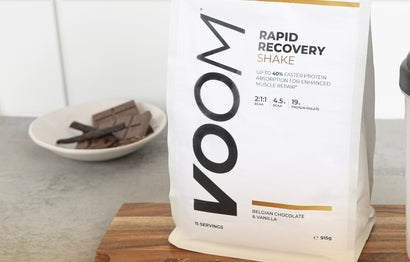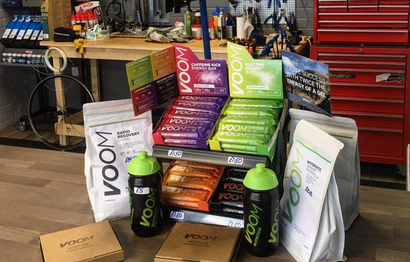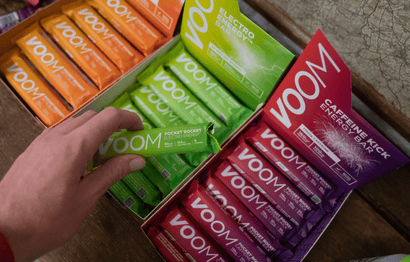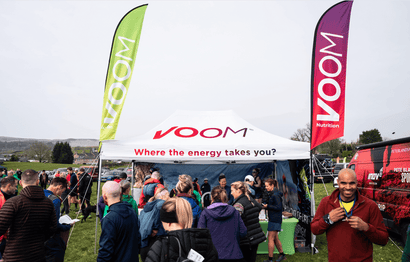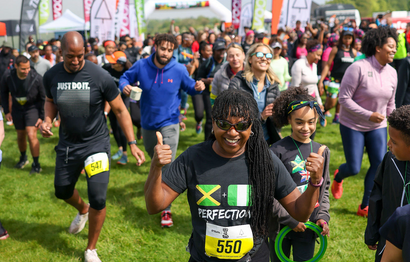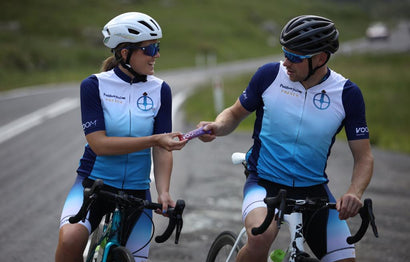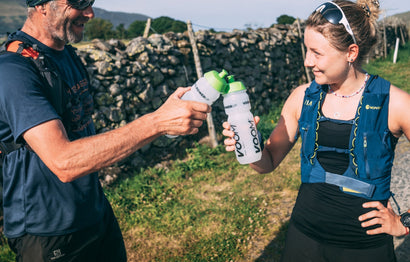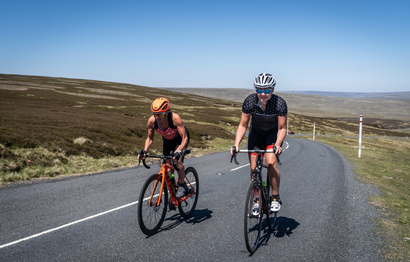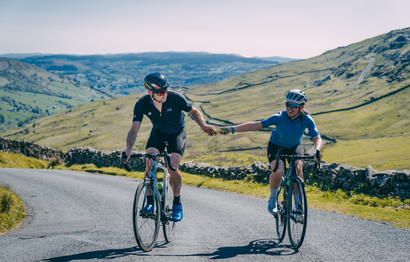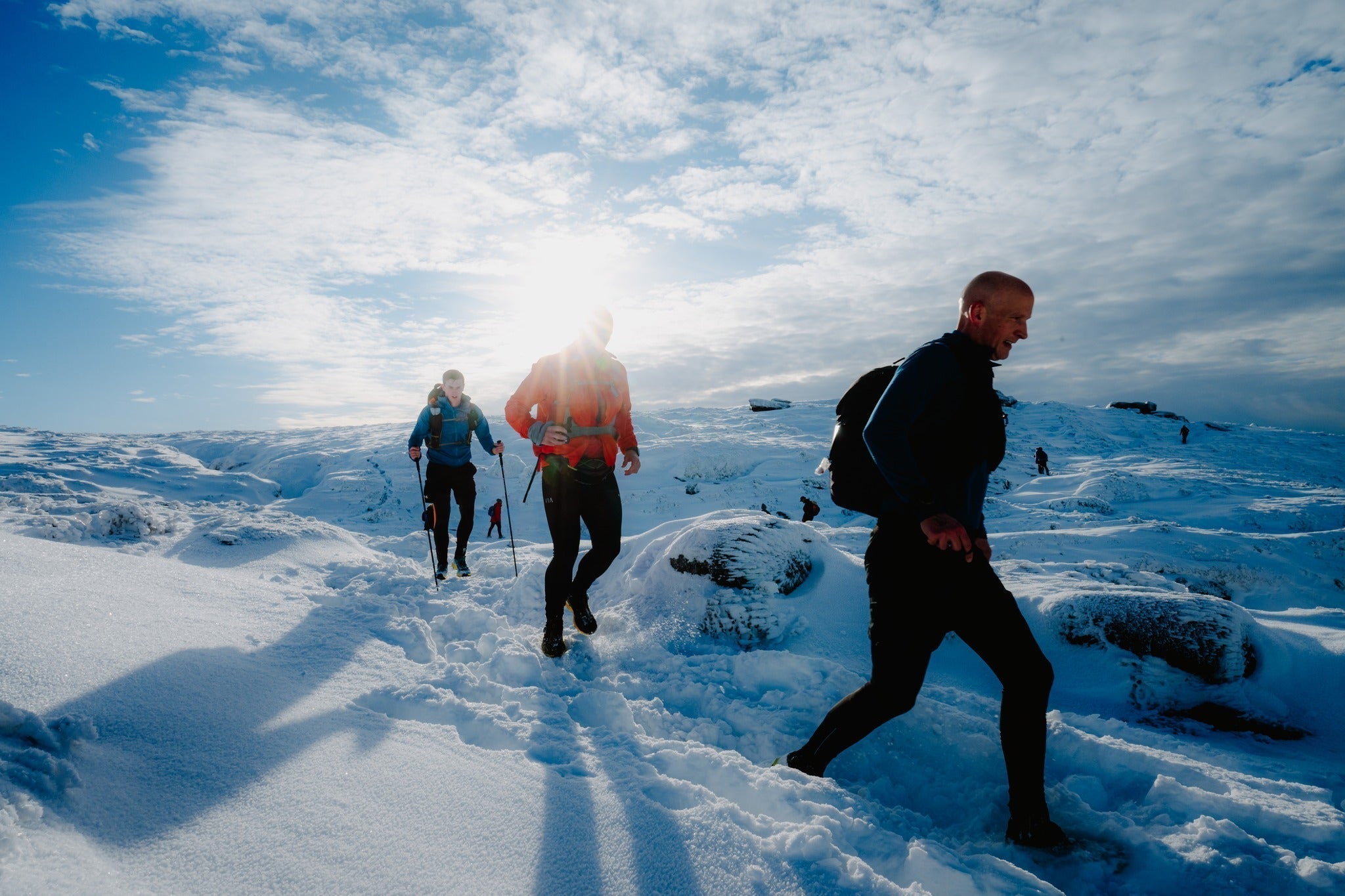If you’re training for a marathon, half the challenge can be to stay healthy in order to complete your training before race-day. Many runners have inconsistent training after running well for a few weeks and then picking up an illness or injury forcing them to miss sessions. The good news is that as you build up your running volume there are a few things you can do to stay healthy…
To get some advice and top tips on staying healthy whilst training for running we spoke to Angela White, also known as ‘The Running Granny’. In September 2019, at 60 years young, Angela became the oldest female to run the JOGLE. The JOGLE, often cycled, involves covering the length of Great Britain from John O’Groats to Land’s End, and Angela completed the 875mile distance in just over 18 days 10hours!

Angela only got into running at the age of 53 as part of a series of small steps to maintain health whilst ageing. Angela’s JOGLE was planned to raise awareness of the importance of exercise whilst ageing and Angela is very passionate in her belief that whatever your age, its never too late to start taking healthy steps through exercise. With a background in healthcare as a former surgeon, and now an accomplished ultrarunner, who better to tell us about maintaining health!?
Top tips for healthy running
With 'The Running Granny
- Spring clean your diet
- Hydrate well
- Sleep well
- Don’t ignore rest days
Spring clean your diet to stay healthy
It’s not unusual for people to take up running in order to lose weight and will often pursue a ‘diet’ at the same time. Our diets are comprised of macronutrients: fats, proteins, carbohydrates and fibre and micronutrients: minerals, vitamins and antioxidants. Many diets promote an excess of one macronutrient or a reduction in another. In practice, you need a balance of each, together with the micronutrients.

The best way to gain a balance is to eat whole fresh foodstuffs. Eggs, fish and chicken are each good sources of protein. When it comes to fruit and vegetables, rather than the stated ‘five a day’, aim to eat 30 or more different plant foods each week. This includes grains such as wheat, rice, oats and wholesome breads and a range of lentils, beans and nuts as well as a wide variety of fruit and vegetables. From this mix you will gain carbohydrate, healthy fats, a spectrum of all the vitamins and minerals you need together with a mix of different dietary fibres which have been shown to improve gut health.
At the same time try to minimise the amount of processed food that you consume which contain high levels of sugars, saturated fats, transfats, salts and chemicals that you don’t need.
Good Hydration
Ensure you drink plenty of fluids every day. Adults are 60-70% water and as we’re all different weights so our requirements will differ but a good rule of thumb is to aim for around 2 litres of water a day. This can be made up of water, milk, tea, coffee or squash. In hotter weather we need more.
As runners you may feel you’ve not sweated much on your run particularly if the weather is cold. The chances are you have done but have dried off at a similar rate to the sweating. A good test I have used is to weigh myself before a run and then again as soon as I’ve finished. It’s not unusual after 60-90 minutes run to find I’m 1 Kg lighter afterwards on a normal day and up to 2Kg on a very hot day. You’ll need to do this over a few different runs to get a good average for yourself.

Our bodies are very good at preserving minerals but even the best systems will still sweat some out so you might like to consider electrolyte replacement particularly during and after your long runs although if you’re eating the wide variety of plant food regularly you should get sufficient from your diet.
Good Sleeping Habits
Make sleep a priority as it is an important part of rest and recovery. Researchers agree that adults need between 7 and 9 hours sleep each night. Maximise your chances of getting a good night by developing a good pre-bedtime sleep routine. This might involve switching off screens an hour before bed, taking a warm bath or reading a book. If you have to continue working on a laptop then consider downloading the app f.lux which adjusts the light content from the screen reducing the stimulation to the brain.

Avoid caffeinated drinks from early afternoon onwards as these act as a stimulant and interrupt sleep. Similarly avoid over indulging in alcohol which has been shown to cause an imbalance between the different stages of normal sleep. Once this happens it can disrupt normal sleep patterns and adversely affect the quality of the sleep.
Sleep deprivation has been shown to affect hormones in particular it raises cortisol, the stress hormone and it lowers growth factor which is necessary for repair processes.
Rest for recovery, repair & adaptation
Rest is a hugely important component of training - ignore it at your peril! It’s the time when your body has the opportunity to recover, repair and adapt. These three processes are different and equally important.
Recovery is the initial healing process that takes place after your run. You need to fuel, hydrate and sleep properly to restock glycogen stores and to allow any damaged muscle and soft tissue to repair.

Adaptation is the process whereby the muscles build back stronger. You’ve put them under load and pushed them to perform and the body responds by trying to make them more resilient to the demands you’ve placed upon.
Even if you feel fine, you should factor in at least one rest day from running a week. Pushing through without rest risks overtraining syndrome and mental fatigue both of which can lead to injury. A rest day doesn’t mean you have to do nothing all day and taking a gentle walk is beneficial as a form of active recovery – perhaps something with the family.
Learn to listen to your body. Many running injuries result from the repetitive strains involved in running and start as little niggles or short- lived aches before crescendo-ing to a full-blown injury. Taking an extra rest day and giving the niggle a chance to settle can help avoid weeks of down time if you develop a significant problem.

